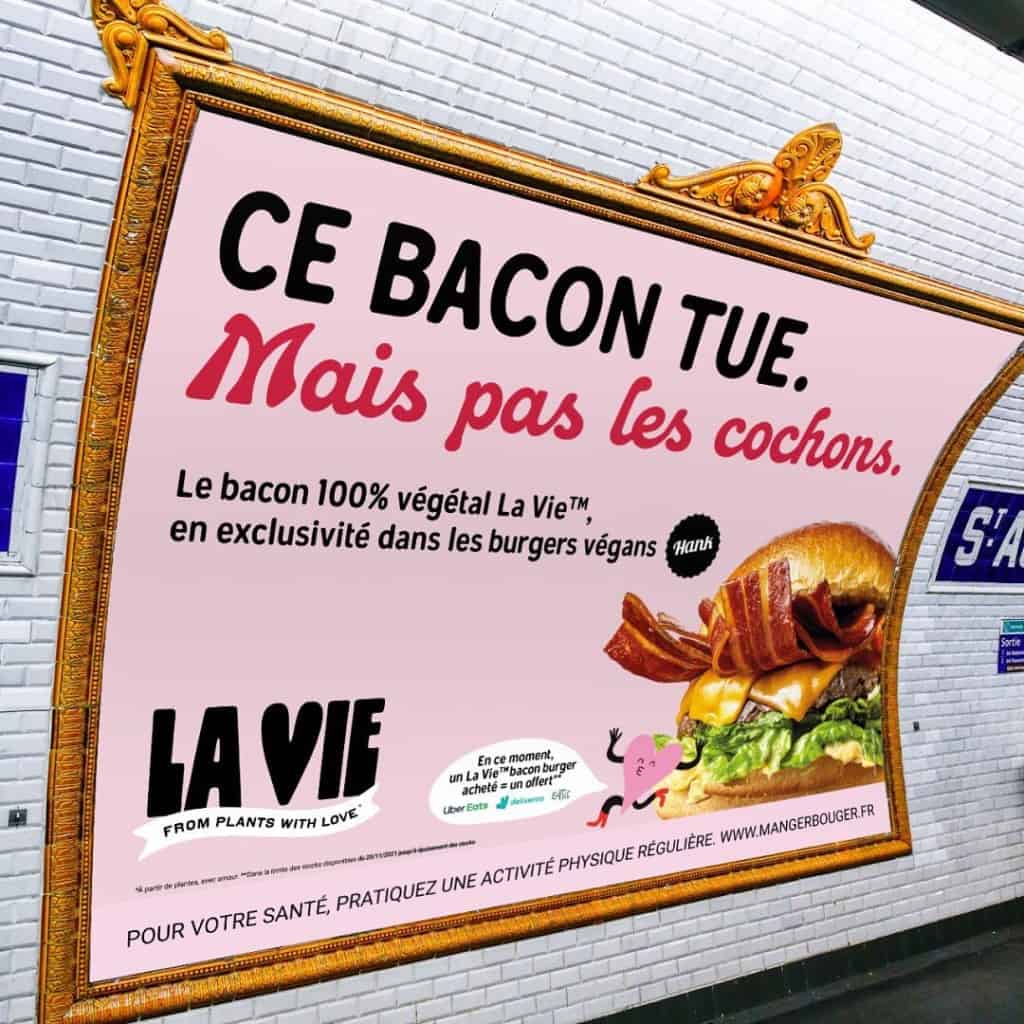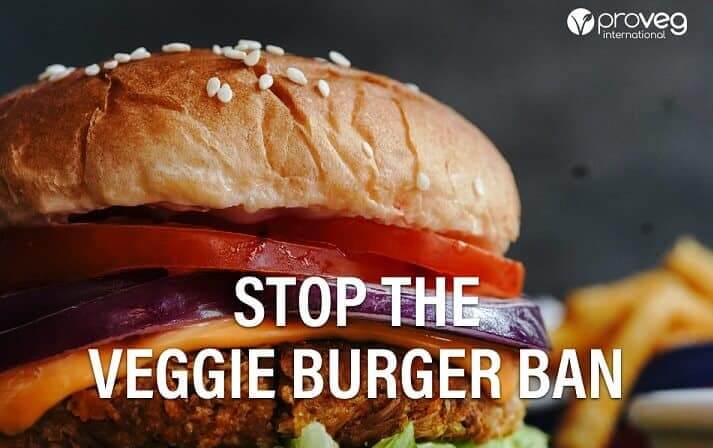Food awareness organisation ProVeg International has criticised the plant-based labelling restrictions recently brought in by several countries worldwide, describing them as “draconian”.
South Africa, France, and Turkey are among the countries to have imposed new laws, while further restrictions have been proposed by Belgium and the US. But according to ProVeg, these regulations are counterproductive in the face of the climate crisis.
“We can no longer continue down this path as we will destroy vast tracts of our planet in an attempt to provide a diet based on animal agriculture to the ten billion people who will populate the Earth in 2050,” said Jasmijn de Boo, Vice-President of ProVeg International.

What are the recent regulations?
- A new decree in France is set to ban the use of “meaty” terms such as “steak” and “sausage” for plant-based foods produced within the country (the restrictions will not apply to imported foods). France is the first country in the EU to impose these types of rules, though the country’s farming associations want to see the laws expanded to the rest of the union.
- Very similar restrictions have recently been imposed in South Africa, which recently banned the use of meat-like terms on plant-based product labels and even threatened to seize JUST Egg products from Woolworths stores in the country unless the retailer stopped using the word “egg” in relation to the famous vegan egg alternative.
- Meanwhile, an unprecedented recent law in Turkey has made it illegal to produce plant-based cheese in the country, while the Australian Senate recommended a series of restrictions on “meaty” names for plant-based products earlier this year. Belgium has proposed similar regulations, and several US states have introduced bills limiting the way alt-meat products can be marketed.
Rules also prohibit alt-dairy producers from using certain dairy-specific terms within the EU. However, attempts to introduce more stringent regulations for plant-based meat and dairy alternatives have failed, following campaigning from ProVeg and other organisations.
“These regulations are counter-productive and based on misunderstandings,” said de Boo. “Plant-based foods are a vital key to solving the climate crisis as well as ensuring economic growth. Many meat and dairy companies themselves know this, which is why they are investing in both plant-based and animal-based foods, and in some cases switching to plant-based foods entirely.”





